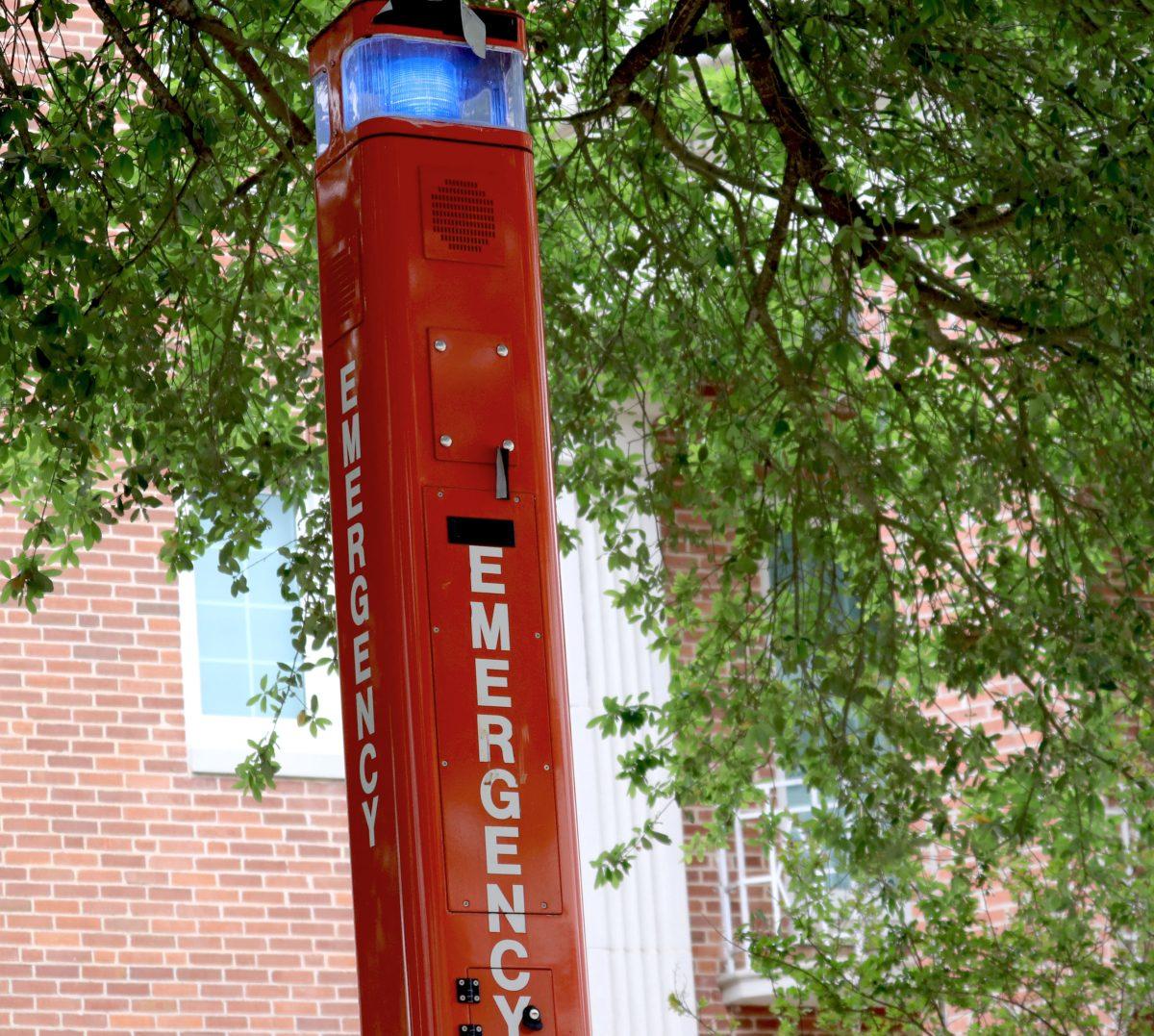According to the American Pet Products Association’s National Pet Owners Survey conducted in 2017-2018, 68 percent of American households own a pet, with 71.2 percent of those homes owning a dog. With more than half of the American population owning a pet, why are there still so many animals in shelters who do not have a forever home?
If you ask most people, they’ll tell you they have a favorite dog breed. All kinds of desirable breeds like corgis, huskies and pugs are put up for sale by breeders or mall pet shops for hundreds, even thousands, of dollars. Maybe you want a German shepherd for their intelligence and trainability or a dachshund because they have cute little legs. Sure, these breeds make great companions and will be a wonderful addition to your life, but do you know where these purebred dogs come from?
The answer is puppy mills.
A puppy mill is a business that breeds puppies for sale, often in inhumane conditions for the sake of cost reduction. It’s estimated by the Puppy Mill Project, an organization fighting to end puppy mill cruelty, that there are about 10,000 licensed and unlicensed puppy mills in operation in the United States.
The two million puppies that are bred in these mills each year are subject to inhumane conditions like 24-hour confinement, unsanitary environments and cruel euthanasia practices. Mother dogs are kept in tight cages and forced to be pregnant every heat cycle, then are killed when they are no longer useful and able to produce. The puppies that are bred in these horrible conditions are sold over the internet or in pet stores. In fact, the Puppy Mill Project website states that nearly all puppies for sale at pet stores come from puppy mills.
Buying that cute puppy from the mall only supports inhumane puppy mills run by money-hungry breeders. Raising awareness about the cruel practices these puppy mills engage in is one way to combat this issue, but there is another way.
Adoption from a shelter is a clear way to stop supporting puppy mills. Shopping for that purebred dog will not only clean out your wallet, but it will help contribute to the business of puppy mills. If nobody is buying these expensive breeds, then mills have no way to make money and continue their cruel practices.
Currently, the ASPCA estimates about 3.3 million dogs enter shelters in the United States every year, and 670,000 of those dogs are euthanized due to problems like overcrowding.
No-kill shelters, like Huntsville’s own Rita B. Huff shelter, are overrun with homeless animals, causing them to be short on resources and supplies to support these animals. Adopting can reduce the number of dogs euthanized in shelters and help no-kill shelters be able to manage the dogs they house.
You might not get that breed you were hoping for, but adopting a mixed breed actually has more benefits than people think. Adopting a mixed breed from a shelter is cheaper. Mixed breeds also have less risk of developing debilitating and expensive health issues. To produce a true purebred dog, you have to breed two dogs that are from the same gene pool, meaning the two parent dogs have to be a part of the same family line.
Diseases like aortic stenosis, elbow dysplasia, intervertebral disc disease, and epilepsy are a few of the hereditary diseases that are found in purebred dogs, according to the Institute of Canine Biology. Breeding related dogs increases the probability that the offspring will inherit the genes responsible for these disorders.
Adopting from a shelter is less expensive, thwarts the efforts of inhumane puppy mills and lessens the incidence of some debilitating diseases that are more prominent in purebreds. Millions of dogs are waiting in shelters to be adopted into their forever home, so if you’re looking for an addition to your life, please consider adopting and not shopping. It’s the better option.






